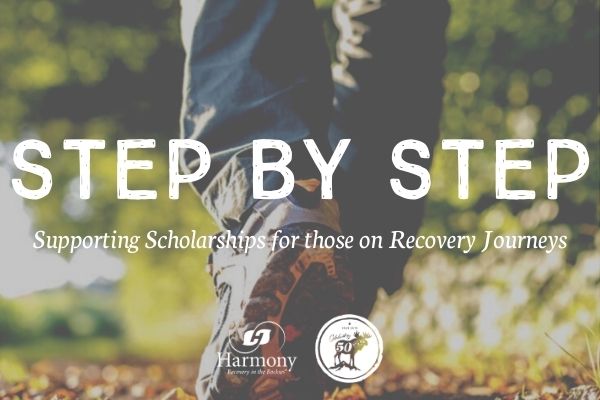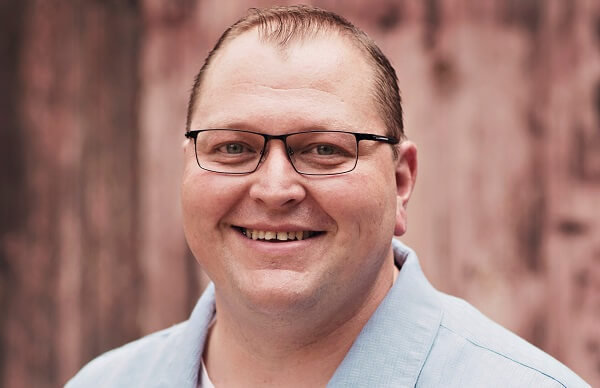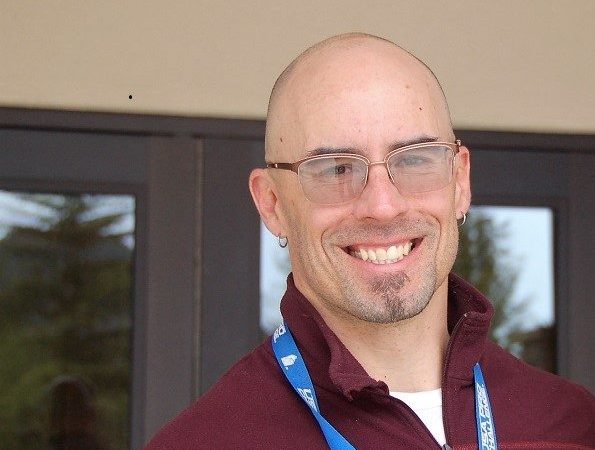2020 has been a tough year for many addiction treatment providers. The COVID-19 pandemic hit the United States in the spring and has made recovery work difficult ever since—for people with addiction and their therapists. “Getting sober during COVID-19 definitely has its challenges,” says Harmony alumna Shayla E. The Harmony Foundation had to implement a number of precautionary measures to ensure staff and client safety.
In October, Harmony suddenly faced another dangerous challenge: the East Troublesome wildfire. As with COVID, the entire Harmony community rose to the challenge.
“Before October 21, the East Troublesome fire had mostly been a nuisance,” reported The Colorado Sun, “burning through dense trees and steadily gobbling up terrain.” Then it suddenly turned into a massive firestorm and on October 22, it began to threaten the Harmony campus.
The leadership team immediately came together for an emergency meeting. “There were also other fires in the area,” remembers Harmony CEO Jim Geckler. “We had carefully monitored the Cameron Peak fire earlier that week, which was unsettling enough. Then the East Troublesome fire jumped the mountain and started to burn on our side on Thursday morning (Oct 22).”
It was time to make a decision. When fire officials issued a voluntary evacuation advisory, Harmony decided to play it safe and evacuate. After the leadership meeting made the call to leave and not wait for a mandatory evacuation order, Geckler explained the situation to the clients and let them know what to bring along.
“We had solid communication between all parties involved and because we had done a lot of preparation and training in the past, we were ready to go within 45 minutes. We packed up the medical center, had a great procedure in place for moving the belongings of clients and how to move medications safely. By 12:30 we were lined up caravan-style and ready to go.”
Everything went seamlessly because everybody communicated and everybody knew what they were supposed to do. “Strong communication between the leadership team, the staff, and the clients, as well as the ability of people to make the necessary decisions, allowed us to move forward quickly,” says Geckler.
The destination was a hotel in Greeley, Colorado. With the support of staff at the DoubleTree by Hilton Greeley at Lincoln Park, Harmony was able to successfully relocate all clients and continue to provide them with quality treatment in a safe, welcoming environment.
When Harmony’s chief marketing officer Gina de Peralta Thorne called ahead from the road, the only questions were ‘what do you need?’ and ‘when do you need it?’ “I told them we needed 28 rooms and conference space and that we were 20 minutes out,” remembers Thorne. “They were just remarkable at giving us what we needed to keep clients safe in their recovery. We even used the situation in therapy, discussing how the environment in the hotel was very different from the Harmony campus and how that worked for them.”
The medical team had to quickly build a makeshift detox facility in one of the rooms with an ironing board as a reception desk.
“We managed in an emergency setting,” says Jim Geckler. “I’m proud to say we had uninterrupted client care, every single decision throughout the evacuation was made around client care. It was inspiring to see how people rose to the occasion.”
“Our client-focused culture is collaborative. Over the past seven years or so, we worked diligently to integrate better with other care providers in Colorado,” says Geckler. “We make sure we’re there when they need us and there wasn’t a moment when we didn’t feel supported by others. I received lots of text messages inquiring whether we’re okay, some of them just saying let me know what you need—that made it manageable for us. We had deliveries every day of treats, bottled water, and games. People kept asking how can we be of assistance?”
Once in place in the hotel, the focus was on keeping clients safe. “Usually our patients are in a safe, relatively controlled environment but near the hotel, we had locations where people do drug deals and some clients told us the park was a trigger for them,” remembers Gina Thorne.
Even though the hotel was safe from the wildfire, the Harmony team now had to contend with other dangers. “There was a bar in the hotel, for example, and we had to make sure clients would not be able to order alcohol from their rooms,” explains Thorne. “But the hotel staff learned quickly to work with our unique population. There was never any negative reaction to our clients, the staff was gracious and courteous, they really bent over backward to make sure we got what we needed.”
Again, the open environment was used for therapeutic effect. “We talked about it all the time,” says Geckler. “We made the experience a celebration and congratulated clients on a regular basis. We talked with them and made sure they understood the exceptional circumstances.”
Geckler is convinced that this group of clients will have an exceptional recovery because they are connected in ways other people are not. “It was a bonding experience, and the clients have really embraced it.”
Harmony stayed in Greeley for a whole week, finally returning to Estes Park on October 29. “We now have faced two unbelievable situations this year and we never considered shutting Harmony down,” says Geckler. “Our role is to be of service to our clients who are looking for help—we couldn’t just abandon them. We were able to keep stability for our clients and we were able to celebrate their achievements under difficult circumstances. Everybody stepped up and simply asked what they can do to help. In years to come, I will look back with pride on what we accomplished during this fire emergency.”








